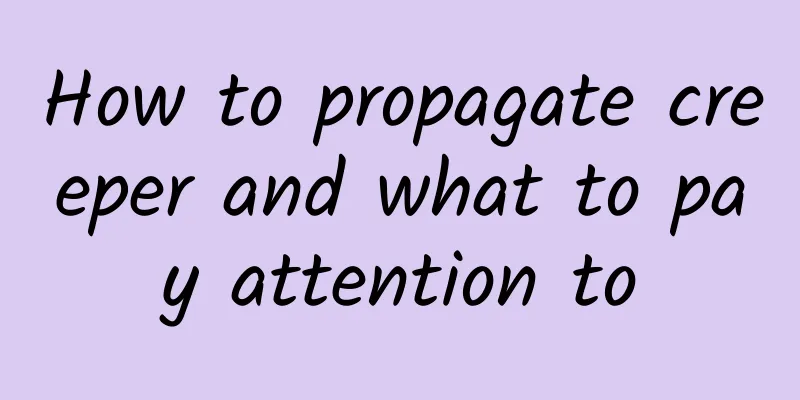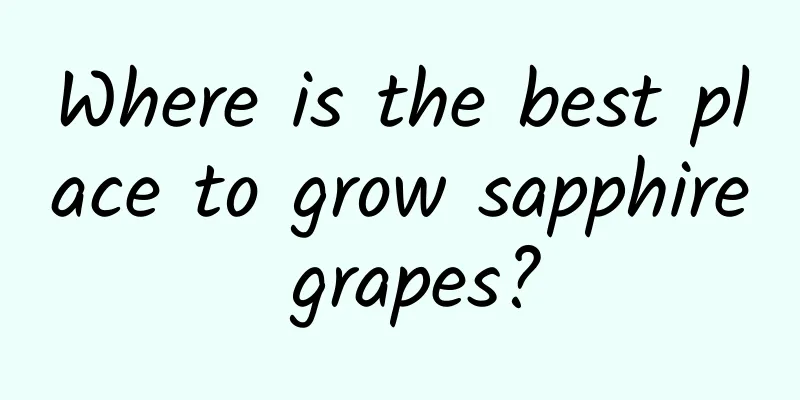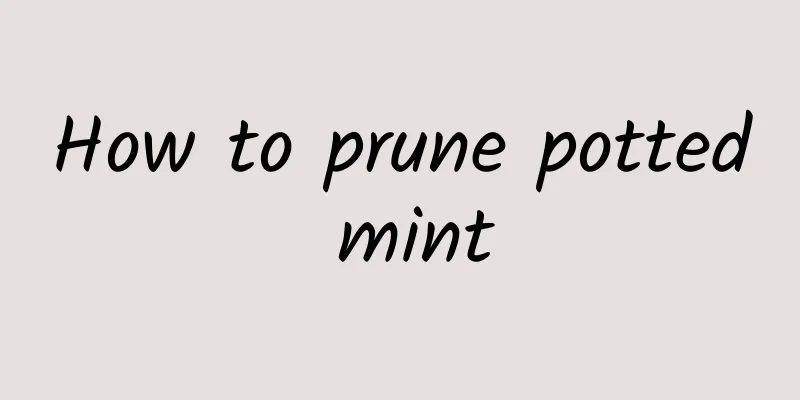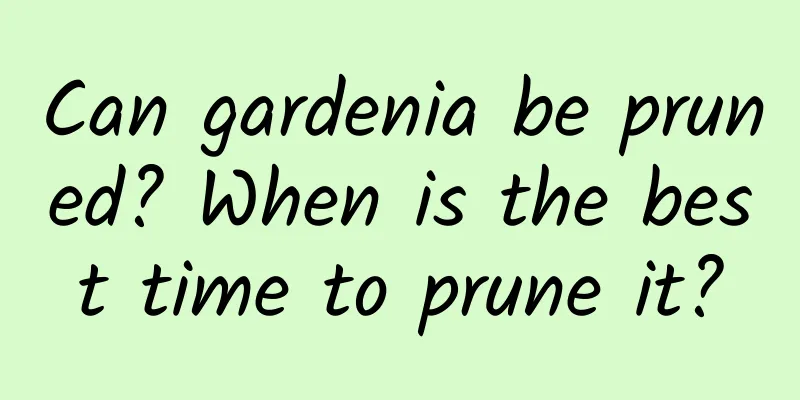Yam planting technology and cultivation management
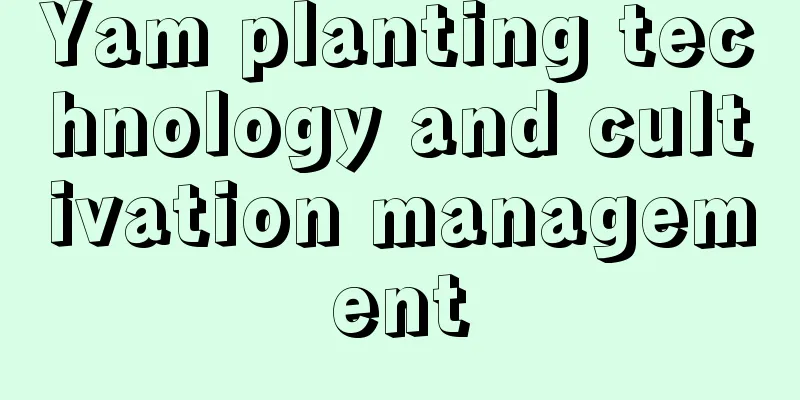
|
As a crop that prefers warmth and has a long growing cycle, yam is usually only planted once a year. In temperate zones, yams begin to emerge after the last frost in spring and are harvested before the first frost in fall. Growing yams requires digging trenches underground and building supports on the ground to support the vines. In addition, yam is suitable for intercropping with crops that grow at lower heights to improve land utilization. Let’s learn about yam planting technology and cultivation management. 1. Seedling cultivation method Before planting yam, you need to dig a pit, cut the yam into pieces and air-dry it. Use titanium zinc manganese solution to disinfect the yam pieces for half a minute. After air drying, arrange them neatly in the pit and cover them with 3 cm of wet sand. You can stack 3 to 4 layers of yam and then water them appropriately. 2. Planting method Fertilization: Apply 300 to 500 kilograms of soybeans per acre of land. After decomposition, soybeans can provide the organic nitrogen source needed by soil microorganisms, promoting the growth and quality of yam. At the same time, apply 400 to 600 kilograms of organic fertilizer and yam-specific pesticides , mix them with the soil and spread them on the surface, then deep plowing is carried out to ensure that the fertilizer penetrates deep into the soil. Trench digging and planting: The trench spacing should be kept between 40 and 60 cm and the trench depth should be between 160 and 180 cm. After manually compacting the ditch section, plow a small furrow on the top of the ditch, put the yam pieces neatly in, one piece every 10 cm, cover with soil, and spray with yam-specific herbicide after watering. 3. Fertilization management Base fertilizer: Apply sufficient base fertilizer when planting and apply top dressing 2 to 3 times during the growth period. Dig a 6 to 10 cm deep fertilizer trench near the plants and apply well-rotted organic fertilizer. Irrigation: Yams are drought tolerant and require irrigation 5 to 7 times throughout the growing season. Make sure to water thoroughly when planting. 4. Prevent and control pests and diseases Pest control: The main pests are mole crickets, white grubs and wireworms. Deeply tilling the soil 25 to 30 cm before winter will help kill the larvae. Disease control: The main diseases are anthracnose and brown spot. Control by cleaning the fields, cutting off diseased leaves and spraying 65% mancozeb once every 7 days for 2 to 3 times. 5. Harvest at the right time From late October to November, the stems and leaves of yam wither and the underground rhizomes enter a dormant state and can be harvested. After harvesting, yam can be stored in a cellar. The above are the key points of yam planting and management technology. Through the above technical points, I hope to help everyone increase the output of yam.
|
<<: How to deal with the money tree falling leaves? How to remedy it?
>>: What should I do if my rabbit won’t eat?
Recommend
Jasmine information, jasmine pictures
1. Family Jasmine is a plant of the Oleaceae fami...
Cultivation methods and precautions of Hydrangea paniculata
Panicle hydrangea is relatively easy to grow. Its...
1 iron wire and 4 poles, the rose and green ivy can grow 2 meters in January, and it can’t be stopped!
If you put up a trellis for the roses, you can’t ...
How to grow water spinach to get high yield?
Water spinach is a kind of vegetable that many fr...
How to hydroponically cultivate Tiger Eye Dieffenbachia
Ornithogalum hydroponics Preparation before hydro...
The correct way to soak black beans in vinegar, the complete recipe of black beans
1. How to make vinegar 1. Wash the black beans yo...
Soybean planting time and method cultivation technology and field management
Soybean planting time Soybeans are generally plan...
The rarest vegetables in the world
Rare vegetables have higher nutritional value tha...
Can daffodils bloom in the second year?
1. Can it bloom? Daffodils can bloom in the secon...
Taboos for growing Strelitzia in winter, these three points are very important!
1. Avoid too much or too little watering Strelitz...
Cultivation technology of Yunnan fragrant wood downhill pile (how to plant with high survival rate)
When old stumps of fragrant wood are taking root,...
Cultivation methods and precautions of Buddha's hand
Farming methods Temperature and light The best gr...
Flower language and legend of Podocarpus
Flower language of Podocarpus Podocarpus, as the ...
What vegetables are suitable for planting in June? What vegetables are suitable for planting in June?
The temperature in June is obviously hot, and eve...
How often should tea trees be watered?
How often should tea trees be watered? Generally,...

